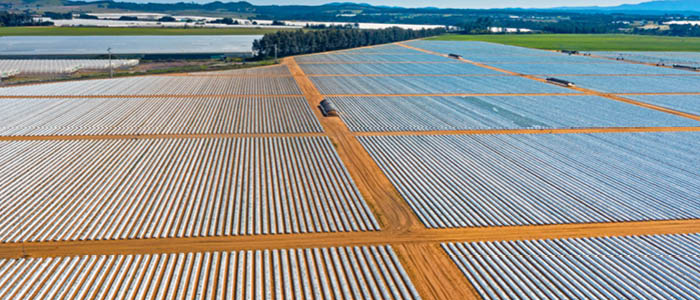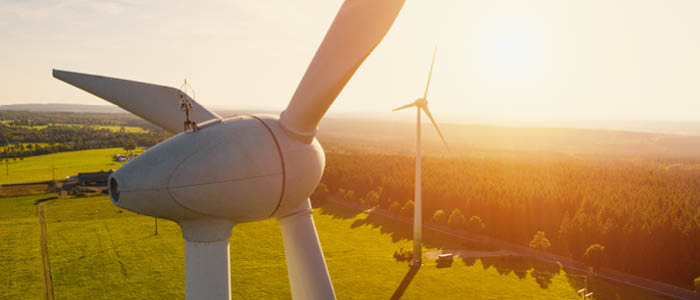In Western Europe, offshore wind farms have been successfully used for a long time. Meanwhile, no power-generating installation of this type is currently operating on the waters of the Baltic Sea under Polish control.
Greece: An Emerging Energy Hub in the SE Mediterranean
Greece has long been a regional energy market. However, drastic changes have been taking place which have the potential to transform Greece to an energy hub in the South Eastern Mediterranean region. The first step was made with the inauguration of the Greek-Turkish gas pipeline at the beginning of the millennium.
Romania May Become One of the Great European Powers in the Energy Sector
Natural Gas: The Road to Becoming a Gas Exporter
Romania has a petroleum history reaching back more than 150 years, as the country was the first to produce crude in the world and the first to build a modern oil refinery.
Energy Performance Contracts in the Slovenian Public Sector
The first recorded energy performance contracting project in Slovenia was carried out in 2002, and was soon followed by a number of other similar projects, notably in the public sector. Thus, energy performance contracts are not a new concept in the Slovenian business sphere, although it was not until 2014 that the country’s newly adopted Energy Act transposed Directive 2012/27/EC on energy efficiency and introduced a comprehensive definition of an energy performance contract.
Upcoming Changes to the Serbian Renewables Support Scheme and Energy Community Involvement
The Serbian Minister for Mining and Energy recently stated that Serbia will manage to fulfill its obligation and reach the target of 27% of total energy consumption from renewables by 2020. The statement followed a stream of positive news in relation to development of several large-scale wind power projects in Serbia, such as Cibuk I, Kovacica, and Alibunar.
The Promising Wind Power Generation Perspectives in Lithuania
The Lithuanian energy sector, like the European Union’s, faces the challenging task of finding an effective and competitive way to transition to clean energy while at the same time ensuring a secure energy supply. Energy efficiency, renewable energy, and prosumers are first priorities.
Renewables – Is Croatia Using Its Potential?
Over the last years, Croatia has produced more electricity from renewable than from fossil sources. The share of renewables in electric energy generation varies depending on hydrological conditions, as the majority of electric energy in Croatia is generated from large hydropower plants.
































